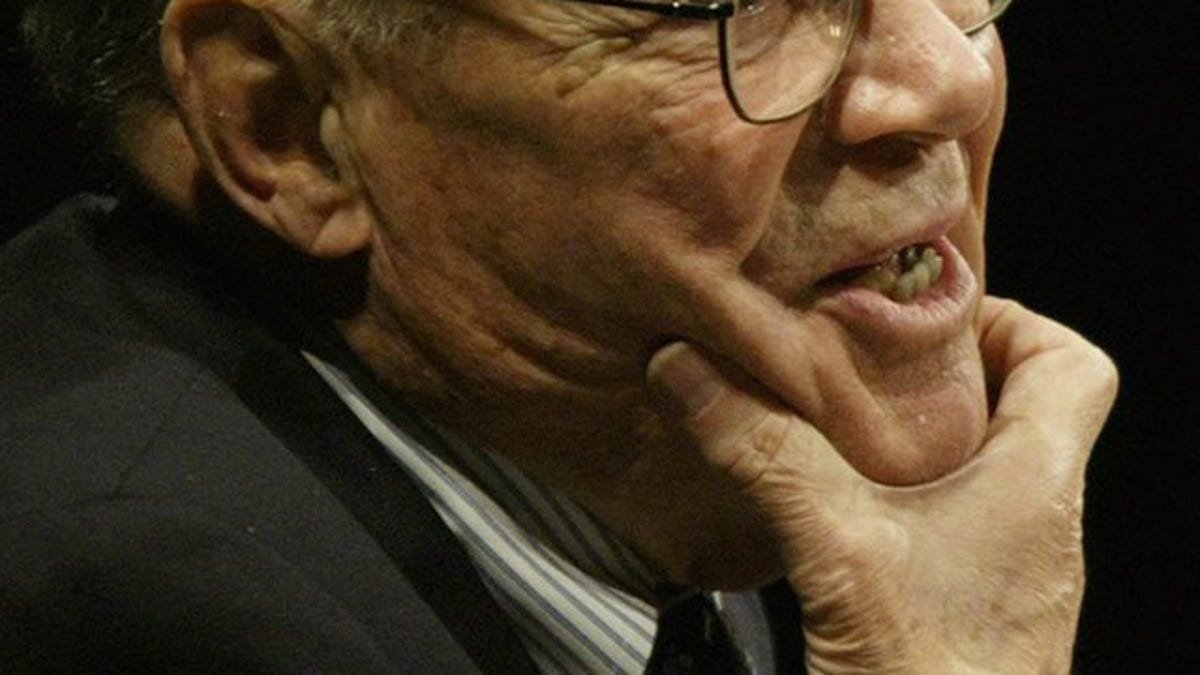
Reuters
Robert McNamara was a great bean counter. But bean counters shouldn't try to run the world. That's the legacy Mr. McNamara leaves us.
He was, without question, a dedicated public servant and a patriot. McNamara cut his teeth as a member of the Air Force strategic bombing survey, a massive operations research effort that evaluated the effectiveness of American air power during World War II. Thus began a long association with the science of number-crunching and the practice of national security.
McNamara failed because he did what President Johnson wanted: He made all the numbers add up. Johnson wanted to fight a war and fund his Great Society program. Enter McNamara, who gave him an "incremental" strategy that gradually ratcheted up force. Unfortunately, the enemy just kept upping the ante, too ... until the U.S. quit.
The great tragedy of Vietnam was that the war was winnable. Nixon hit on the right strategy, but when he left office in disgrace, Congress pulled the plug.
McNamara's second failure after his flawed strategy was that he fed the myth that the war was unwinnable. His contribution to the documentary "The Fog of War," hailed by many as a great act of redemption, is really just further evidence that McNamara never got it.
Strategy is not number crunching.
Today, sadly, the Pentagon is run more along the lines of the bean-counter approach that McNamara originally championed.
The anti-thesis of Secretary of Defense McNamara is not McNamara the anti-war apologist. It’s Winston Churchill, a genuinely courageous and strategic leader, who knew the fight for freedom should never be reduced to arithmetic. Churchill understood that fight was a test of wills, not an inanimate problem waiting to be solved.
Robert McNamara was a fine American whose responsibilities exceeded his talents and vision.
James Carafano is Senior Research Fellow for National Security Studies at The Heritage Foundation. He is the author of "G.I. Ingenuity," among other books.








































